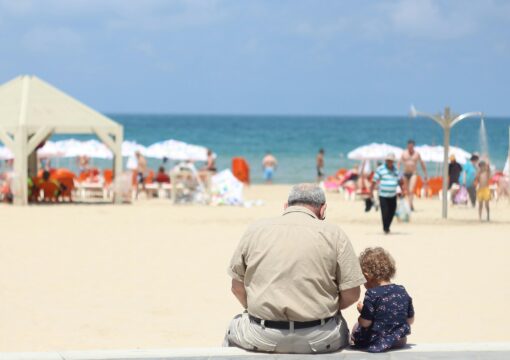On 26 March 2025, Chancellor Rachel Reeves revealed her Spring Statement, outlining the government’s plans for the economy.
Since the election last year, there has been less growth than expected. Official forecasts have halved growth from the initially predicted 2% to 1% this year. Whilst this represents a more negative outlook, this is a higher rate of growth than previous years, due in part to the ambitious housebuilding programme.
This statement also comes against the backdrop of more global economic uncertainty, where President Trump’s second term in office has pushed up borrowing costs and made markets more erratic.
Alongside this context, the contents of this budget see Ms Reeves restricted by her self-imposed borrowing rules, which might possibly have forced Labour into making changes and cuts that they had not anticipated or wanted to enact.
This statement does not contain any tax changes, as outlined in the Autumn Budget 2024, so may not affect organisations and individuals in the same way. This was an intentional measure to ensure economic consistency. What follows is a summary of the headline announcements…
Welfare
The Office for Budget Responsibility has predicted that considerable cuts to the welfare budget will save the Treasury around £4.8 billion by 2029/30.
These changes will mean more than 3 million families will lose an average £1,720 a year, with potentially thousands of people falling into poverty.
From April 2026, health-related Universal Credit, will be cut from £97 to £50 per week for new claimants and will not rise with inflation until after 2030. For existing claimants, health-related payments will be frozen at £97 per week until 2030, with a new top-up payment introduced for those with severe conditions.
From November 2026 there will be stricter eligibility tests for Personal Independence Payment (PIPs). It has been estimated that around 370,000 people are expected to lose their entitlement entirely, while others will receive less.
£1 billion has been designated toward employment support, to help people back into work, with an additional £400 million for jobcentres.
Defence
The Chancellor wants to make the UK a ‘defence-industrial superpower,’ making defence an integral part of economic growth.
Beyond the government’s previous promise to increase defence spending to 2.5% of GDP, an extra £2.2 billion will be provided to the Ministry of Defence (MOD) in the next financial year in response to increased global tensions.
A minimum of 10% of the MOD’s equipment budget will be spent on advanced technology, including AI and drones.
Public services & government spending
Civil Service costs will be cut by 15%, which should save £2.2 billion by the end of the decade.
Day-to-day government spending is planned fall by £6.1 billion a year by 2030.
These measures could lead to substantial job cuts and, as well as a reduction of local government funding, which could increase the cost of services such as bin collection or parking.
Need some guidance?
You may wish to read the Spring Statement in more detail…
If you’re concerned about how some of these changes might affect your finances, please contact us and a member of our team will be happy to assist.










